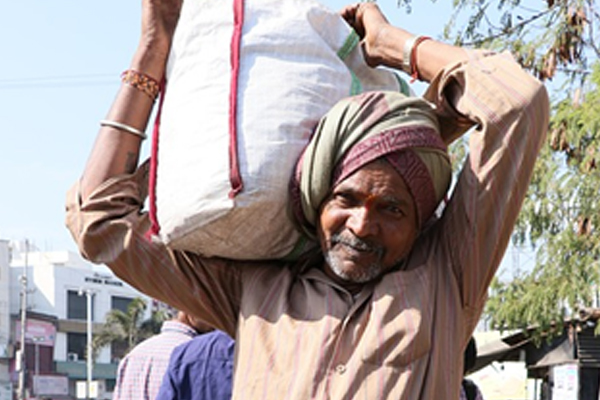|
Countries Urged To Ratify Labour Conventions
Since its founding in 1919, ILO international labour standards have improved the working lives of millions of people. From eliminating forced and child labour to ensuring the rights of seafarers and promoting gender equality, the 189 Conventions and 205 Recommendations adopted by member States during the last 100 years have formed the bedrock of the ILO and its mandate. However, many issues in the world of work remain, and with new challenges being created by globalization and cross border activities, international labour standards are needed more than ever. Therefore, to mark its Centenary year, the ILO is urging its 187 member States to ratify at least one additional ILO Convention or Protocol in 2019.
“Ratifications and the full application of ILO global labour standards will ultimately lift up millions of workers whose livelihoods today, like 100 years ago, are facing substantial challenges.
Corinne Vargha, Director of the International Labour Standards Department.
“We hope that as many member States as possible will step up to the plate and ratify this year. Ratifications and the full application of ILO global labour standards will ultimately lift up millions of workers whose livelihoods today, like 100 years ago, are facing substantial challenges. The implementation of international labour standards ensures that no one will be left behind in the world of work,” said Corinne Vargha, Director of the International Labour Standards Department.
To gauge progress towards this goal the ILO will track all 2019 ratifications in real time on a new dashboard . More than 30 member States have already made a head start, having signed Conventions or Protocols in 2019 or ratified instruments that will enter into force this year.
“For one hundred years, the ILO has been setting and supervising the standards that breathe life into social justice, decent work and fair globalization. Setting such standards today is more relevant than ever,” said Tim De Meyer, Senior Advisor on Standards Policy. “Our ‘One for All ’ campaign to step up the number of ratifications this year should ultimately help people who may not yet have fair treatment at work, income security or the right to organize.”
“For one hundred years, the ILO has been setting and supervising the standards that breathe life into social justice, decent work and fair globalization.
Tim De Meyer, Senior Advisor on Standards Policy.
ILO Conventions are negotiated by government, employers’ and workers’ representatives. They fall into three categories:
• Fundamental Conventions, which cover child labour, forced labour, discrimination at work, the right to organize and collective bargaining;
• Governance Conventions, which strengthen social dialogue, labour inspection and policies for full, productive and freely chosen employment;
• Technical Conventions, which cover a range of issues including specific categories of workers, minimum wages, pensions, occupational safety and health.
In the last 100 years the implementation of international labour standards has led to positive changes on a wide range of issues. For instance, Conventions on child labour contributed to the reduction in child labour from 246 million children in 2000 to 152 million in 2016. Conventions on working time have placed limits on working hours and the working week. The Maritime Labour Convention - which currently covers more than 90 per cent of the world’s gross shipping tonnage – has improved working conditions for many seafarers.
|



